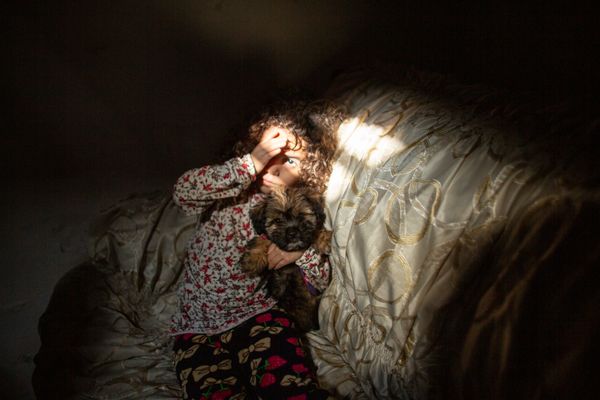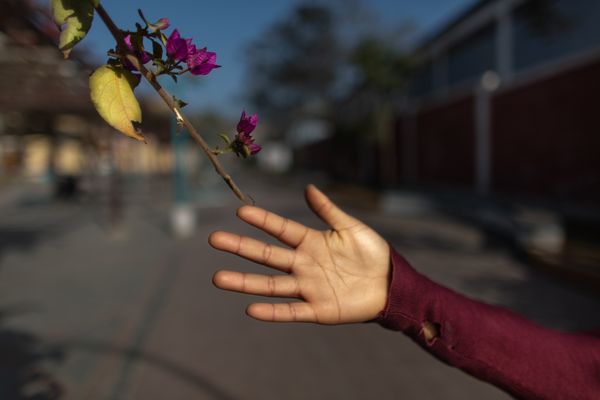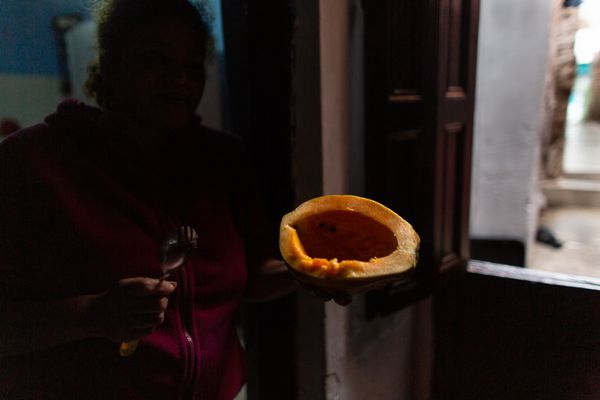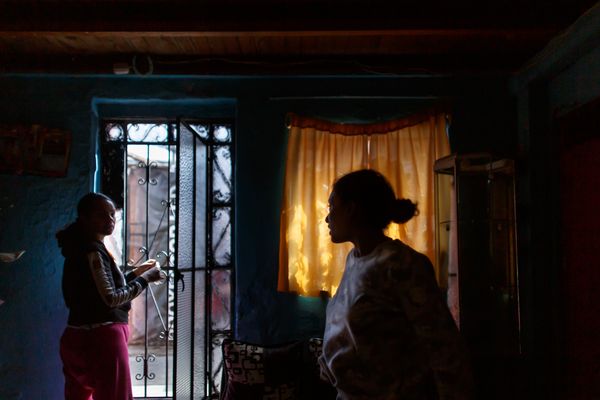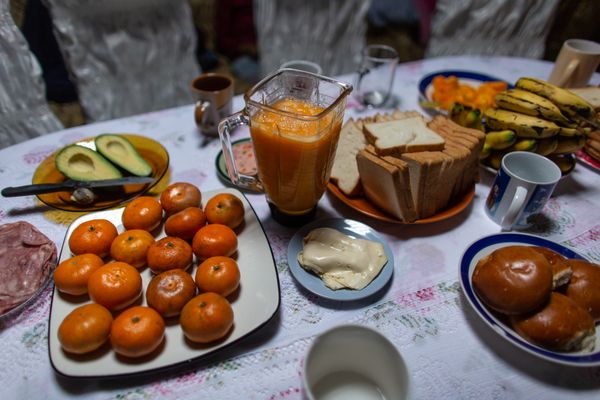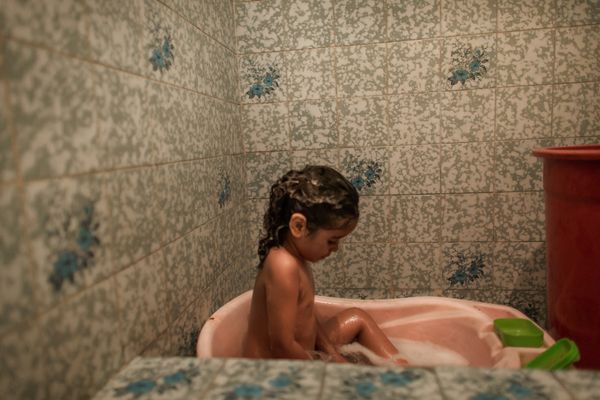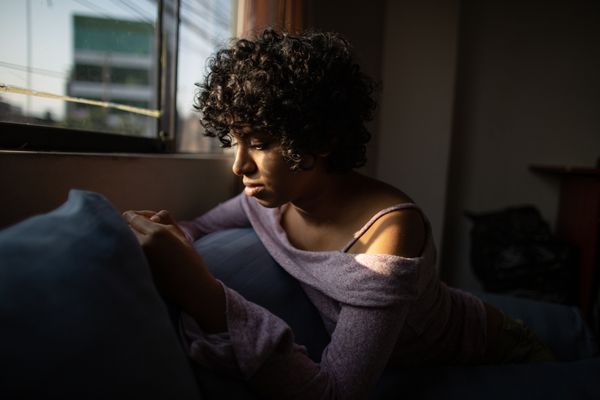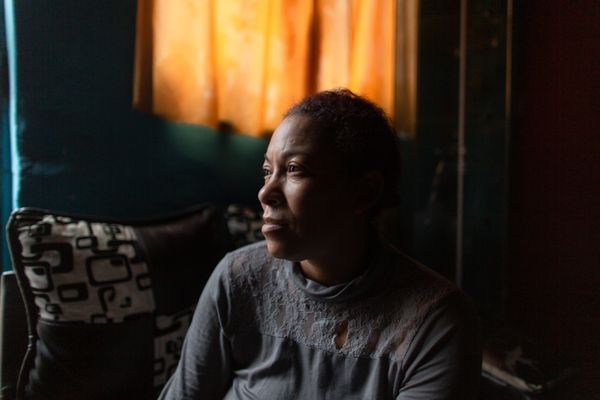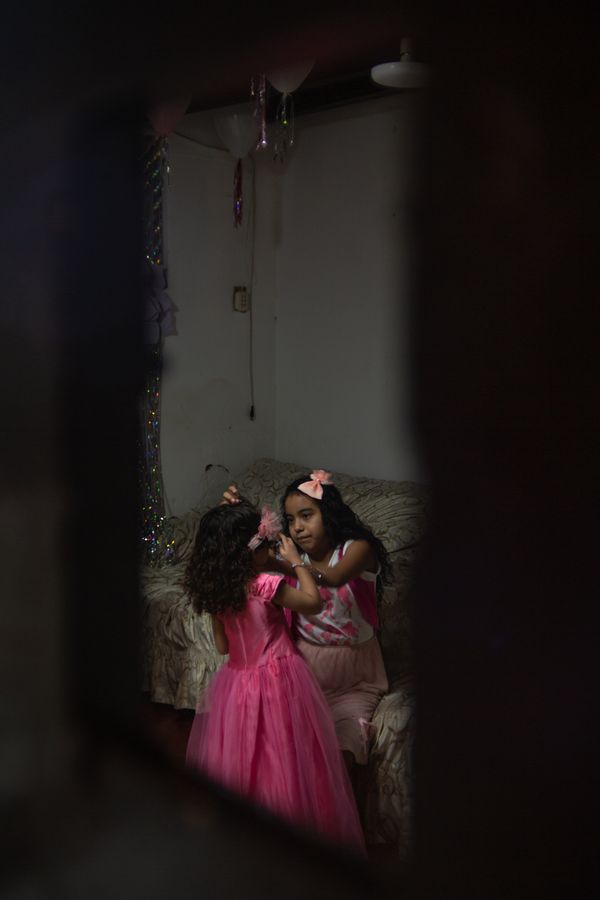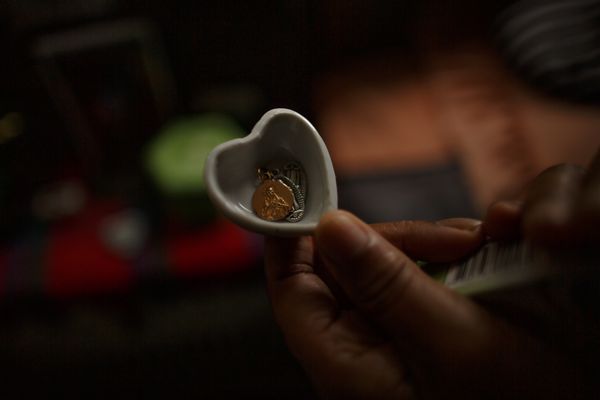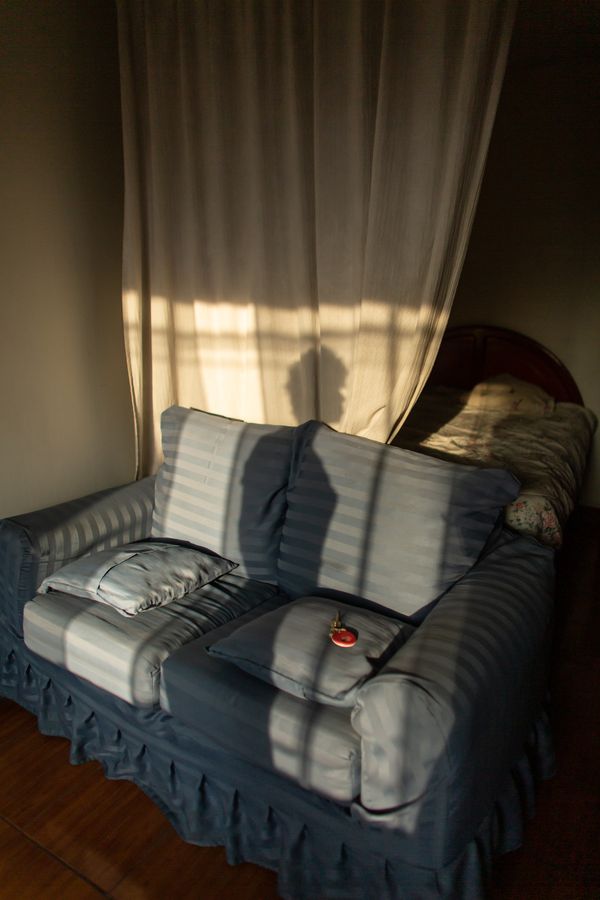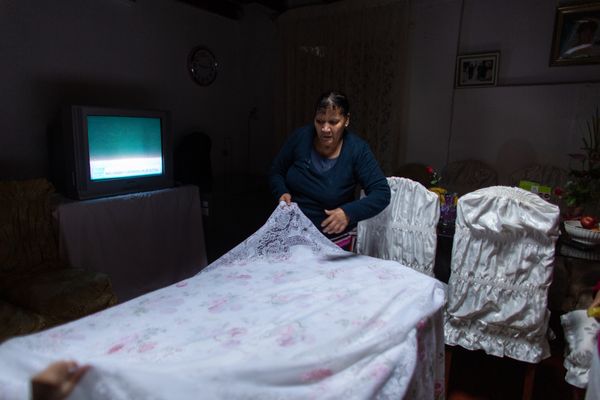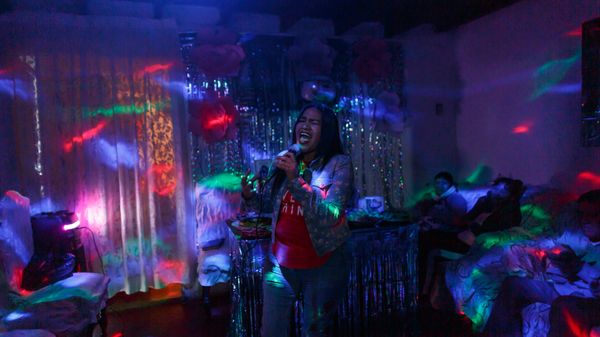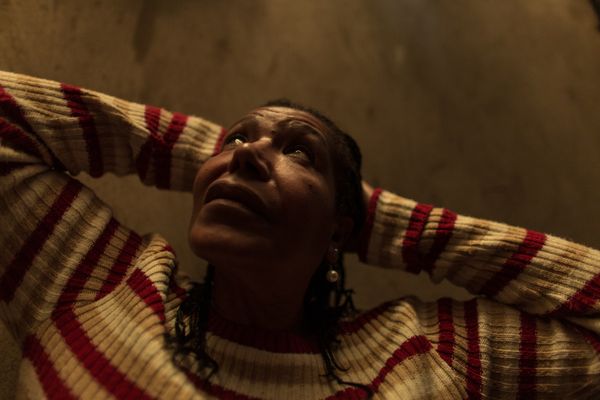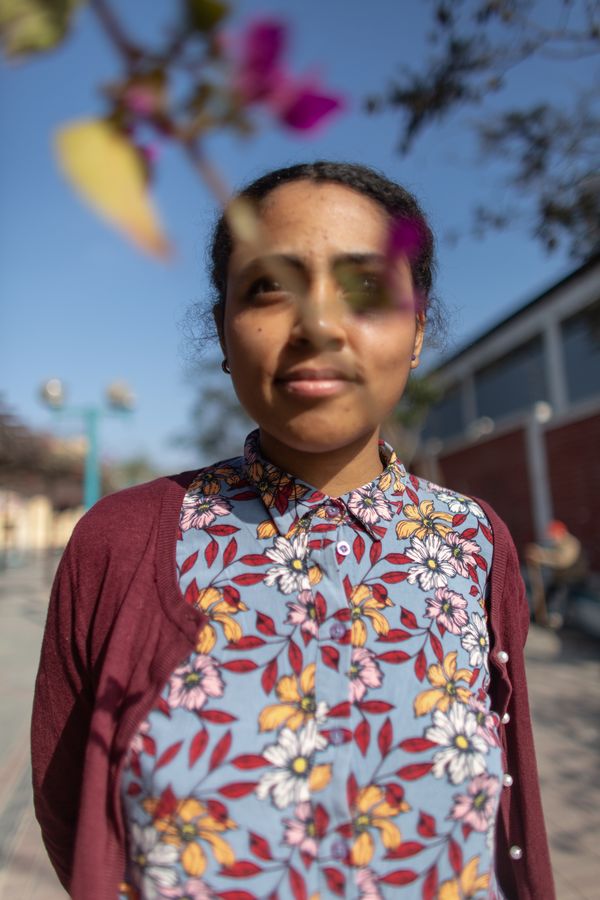LimaNegra
-
Dates2020 - Ongoing
-
Author
- Location Peru, Peru
“What happens to a woman when you tell her she has a choice for what her life can be and suddenly her whole identity of having to serve and take care of others, is taken away?” said Ph.D. candidate and Afro Peruvian activist Angie Campos. “It is a very delicate process.”
Since the 16th of March, the sense of Peruvian pride collapsed as the gastronomic and tourism sectors closed, leaving out in the open the increasingly exacerbated infrastructure crises affecting the indegenous and peripheral populations. “The only governmental entity that mentions Afro Peruvians, is the Ministry of Culture. As if we only exist to contribute to Peru’s gastronomic and musical image without addressing that Afro Peruvians have been living through systemic crises. Everyone talks about the doctors working in the frontlines but there is no talk about the Afro Peruvian women living in the frontlines”, said Melody Palma, a 25 year old law graduate and activist.
Most Peruvians still hold onto a narrative of multiculturality as a national identity without realizing the extent that it fogs all efforts of engaging in thoughtful and proactive change. A narrative that leads to recurring comments such as “we are all the same”, “they are just socially resentful” or “racism doesn’t exist”. Within a society of normalized machismo and sexist violence, non-white women are often perceived as servants, maids, objects of entertainment or of pleasure. A story that repeats itself for afro-descendents, indegenous women and even Venezuelan migrants, with haunting testimonies of being followed, harassed, abused or confused for prostitutes purely for their physical appearance. A study done by CEDET with UNICEF and Plan International showed that an estimated 20% of Afro Peruvian girls and young women drop out of school because they didn’t like it. As of the recent 2017 census, only 11.5% of Afro Peruvian women pursued higher education.
“Indegenous populations are seen as their own people for being far away from the capital, but because we live in the coast, and within the city, we are not taken into account as a population with pressing needs. There aren’t neighbourhoods of Afro-Peruvians as we are scattered amongst the most segregated districts,” said Campos. “Many women have not gone to the hospital or clinic out of fear that they would be treated worse than they were before COVID-19 and many are suffering an economic and psychological blow”. Within the 72,5% of the national population that works informally, many afro descendent women have lost financial security and have been forced to reinvent their sources of income by selling food or merchandise in the streets or having to take risky work offers on top of the added household pressures.
The images include parts of the conversations had during our interviews, highlighting the need for clarity and justice within the difficulty of being a Latin American Afro-descendent woman during the current global pandemic which has added an additional layer of segregation to their already existing crisis.
